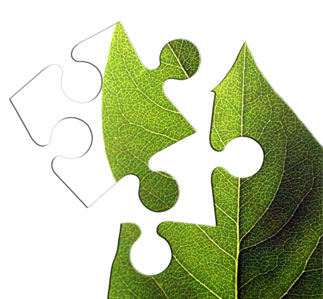May 29 2013
Australian “clean-tech” company and Dye Solar Cell industry leader, Dyesol Limited, today announced its solar-enabling technology has exceeded a key international photovoltaic industry standard test for long-term durability by 400 per cent.

Speaking at the European Materials Research Society Conference in Strasbourg, France, Dyesol Chief Scientist, Dr Hans Desilvestro, explained that the “gold-standard” of novel photovoltaic device development is certification by an international standard such as IEC 61646, where one of the harsher tests requires product stability at a constant temperature of 85 °C for over 1000 hours.
Today, Dr Desilvestro announced: “Dyesol has tested its industrially scalable Dye Solar Cell materials and the material set maintained over 90% of initial performance after an extremely stressful test of 5000 hours at a constant temperature of 85°C.”
“Our Dye Solar Cell technology has exceeded the time required under one of the most stringent IEC durability tests by 400 per cent!”
This is another significant result for Dyesol, following the recently announced major breakthrough in solid state DSC energy output efficiency performance (visit Dyesol website to read corporate news: “Dyesol Achieves Technical Breakthrough in Solid State DSC” for more information).
Today’s announcement relates to the liquid-based DSC system and the Company is also moving forward with similar evaluations for the solid state DSC system. Dyesol and its R&D collaboration partners will continue to develop liquid-based and solid-state technologies in parallel to suit applications most relevant to their specific attributes.
Dye Solar Cell technology is a third generation photovoltaic and nanotechnology which is printed onto glass, metal or plastic substrates in a series of very thin layers – many times thinner than a human hair. The technology can be transparent or opaque, and a number of colour options are possible. On glass, Dye Solar Cell technology can appear like a modern stained glass window – the value-add being it produces clean energy right at the point of consumption.
Key markets for Dye Solar Cell technology include: Building Integrated Photovoltaics (BIPV), consumer electronics, and remote sensors.
The European Materials Research Society Spring 2013 Conference is an important scientific and industry event and opportune venue for Dyesol to present these exciting long-term durability results.